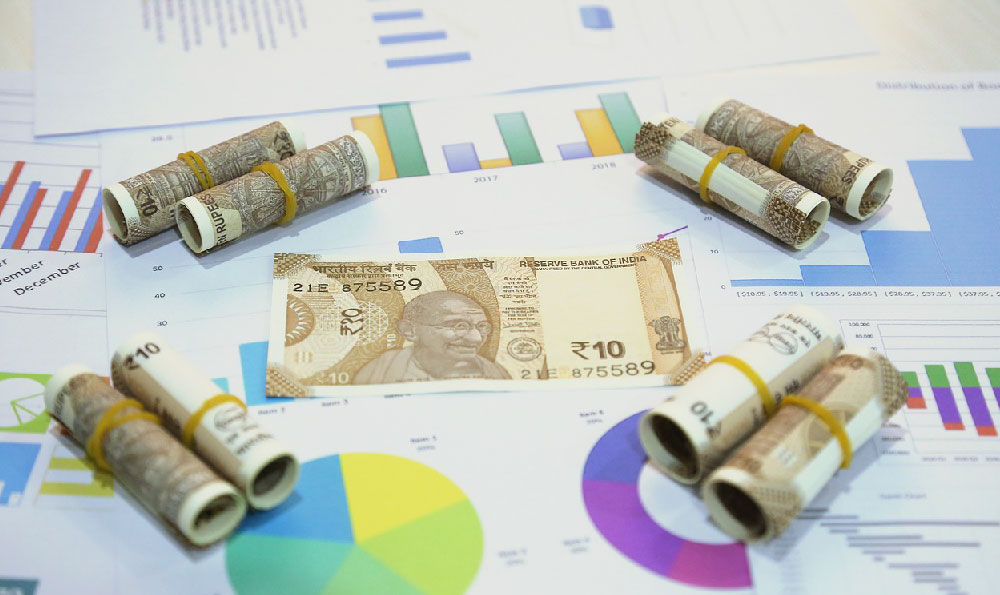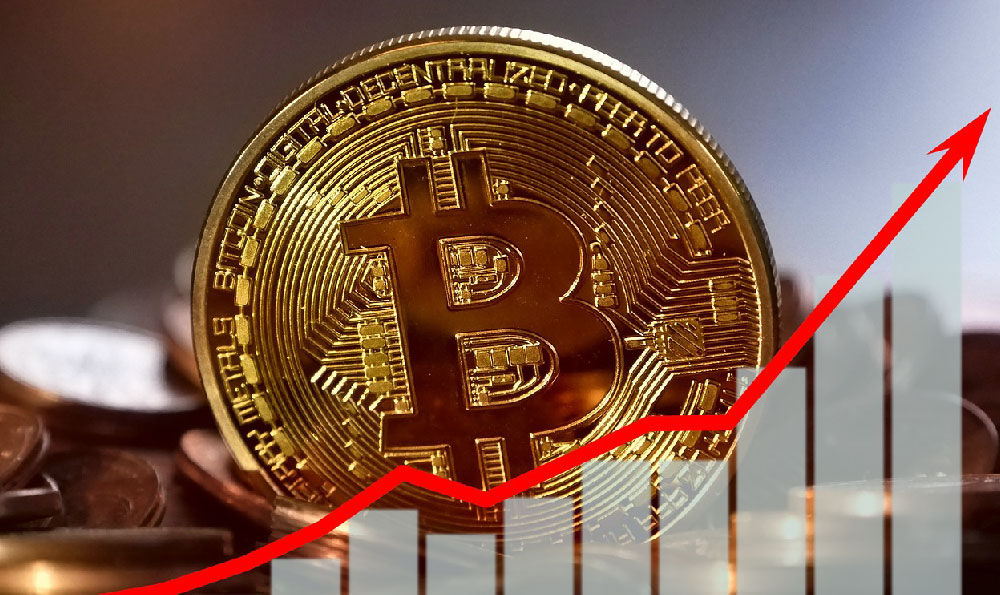The intersection of altruism and financial gain might seem paradoxical, but in the modern economy, particularly within the realm of cryptocurrencies and decentralized finance (DeFi), opportunities exist to "donate" in a way that potentially generates returns, and to monetize activities that have a positive social impact. However, approaching this area requires a nuanced understanding of the underlying mechanisms and inherent risks. It's crucial to maintain a balanced perspective, prioritizing ethical considerations alongside potential financial benefits.
Let’s first clarify what we mean by "donate." In traditional terms, a donation is a gift given without expectation of direct return. However, in the crypto space, we can broaden this definition to include activities that support projects or causes while also offering avenues for financial participation.
One prominent area where you can "donate" and potentially earn is through supporting blockchain projects in their early stages. This often manifests as participating in Initial Coin Offerings (ICOs), Initial DEX Offerings (IDOs), or token pre-sales. In these scenarios, you're essentially providing capital to a nascent project in exchange for its native tokens. If the project succeeds, the value of those tokens could appreciate significantly, providing a return on your "donation." However, the risk here is substantial. Many blockchain projects fail, and investing in early-stage ventures carries the inherent risk of losing your entire investment. Due diligence is absolutely paramount. Thoroughly research the project team, its technology, its market potential, and the tokenomics (the economic model of the token). Scrutinize the whitepaper and look for signs of innovation and a clear problem being solved. A compelling idea alone is not enough; the team must possess the expertise and execution capabilities to bring it to fruition.

Another avenue is through yield farming and liquidity provision on decentralized exchanges (DEXs). In this model, you deposit your cryptocurrency holdings into a liquidity pool on a DEX like Uniswap or PancakeSwap. This liquidity facilitates trading on the platform, and in return, you earn a portion of the trading fees. While this can generate a passive income stream, it's not without risk. Impermanent loss is a significant concern. This occurs when the price of the tokens you've deposited diverges significantly, resulting in a lower value than if you had simply held the tokens. Additionally, smart contract vulnerabilities can expose your funds to potential exploits. It's essential to understand the mechanisms of impermanent loss and to choose reputable DEXs with audited smart contracts.
Staking is another way to "donate" to the network while potentially earning rewards. In proof-of-stake (PoS) blockchains, staking involves locking up your tokens to help validate transactions and secure the network. In return, you receive staking rewards, which are typically paid out in the network's native token. This is often considered a more environmentally friendly alternative to proof-of-work mining. While staking is generally less risky than liquidity provision, it's still important to understand the lock-up periods and the potential for slashing (penalties for misbehavior). Research the specific staking mechanism of the blockchain you're considering and ensure that you're delegating your stake to a reputable validator.
Moving beyond direct participation in crypto projects, consider platforms that facilitate charitable giving using cryptocurrencies. These platforms allow you to donate crypto to various causes, often providing tax advantages (depending on your jurisdiction). While this doesn't directly generate income, it allows you to leverage your crypto holdings for philanthropic purposes. Moreover, some platforms are exploring innovative models where donations are used to fund impact investing projects, potentially generating both social and financial returns.
Finally, you can monetize your skills and knowledge to support the crypto ecosystem. This could involve creating educational content, providing consulting services, or developing software or tools for blockchain projects. By contributing to the growth and adoption of the technology, you're indirectly supporting the ecosystem and potentially creating income opportunities for yourself.
Regardless of the method you choose, risk management is paramount. Diversify your investments across different projects and asset classes. Never invest more than you can afford to lose. Stay informed about the latest developments in the crypto space and be wary of scams and fraudulent schemes. Always conduct your own research and consult with a qualified financial advisor before making any investment decisions.
Furthermore, prioritize ethical considerations. Support projects that align with your values and that have a positive social impact. Avoid participating in activities that could harm the environment or contribute to illicit activities. The crypto space offers the potential to create both financial and social value, but it's up to each individual to ensure that they're using it responsibly. Remember, a truly sustainable investment strategy balances financial returns with ethical principles. Don't be swayed by hype or promises of quick riches. A long-term, informed, and ethically conscious approach is the best way to navigate the complexities of the crypto world and to potentially generate both financial gains and positive social impact. The key is to approach this space not as a get-rich-quick scheme, but as a long-term investment in a technology with the potential to reshape the world. Your informed participation can contribute to building a more equitable and sustainable future.












